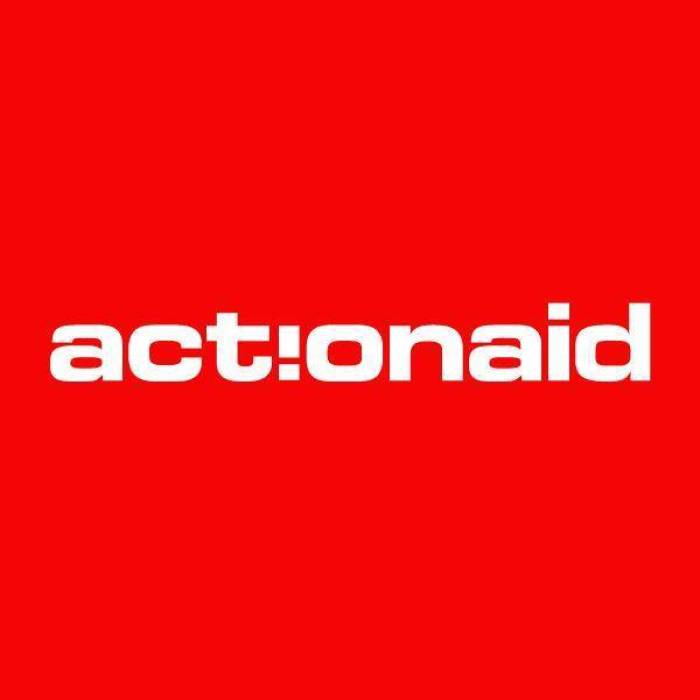The ActionAid Nigeria (AAN) has urged the federal government to create separate agriculture emergency fund outside the 2023 Agriculture budget.
The organisation at a media briefing it organized in Abuja on Monday in collaboration with Small-scale Women Farmers Organization in Nigeria (SWOFON) and CAADP Non-State Actors (CNC) said the fund would avert looming food crisis in the country.
The Food and Agriculture Programme Coordinator, ANN, Mr. Azubuike Nwokoye, decried the low budgetary allocation of N228bn.
He lamented that this only represented 1.11 percent to the agricultural sector out of the N20.5trn 2023 national budget.
The coalition’s call is coming amidst the ripple effect of devastating flooding across the country; ongoing Russia-Ukraine war, the COVID-19 pandemic, rising prices of farm inputs, post-harvest looses and other challenges bedeviling the nation’s food production sector and the palpable fears of food crisis in the country by 2023.
Nwokoye noted that although N228.4bn was budgeted for the sector, its purchasing power is about N189.2bn due to the current inflation rate, saying to achieve the investment impact in monetary terms, the gap of N39bn must be filled either by providing additional budgetary resources or reducing inflation to the barest minimum.
According to him, the budget amount is too low to achieve the National Agricultural Technology and Innovation Policy (NATIP), adding that the budget is not clear about support to smallholder farmers.
He also noted the low funding for climate change mitigation and adaptation despite the increasing spate of natural disasters caused by climate change.
“To mitigate the current flood situation, the government must quickly mop-up agriculture produce excesses across Nigeria in areas that did not experience the flooding through Guaranteed Minimum Price (GMP) for storage and reduction of post-harvest losses and distribution to affected areas,” he said.
He also urged the federal and state governments to complete and construct new dams, desilt existing dams to function at full capacity, dredge the rivers and put ecological funds to adequate and articulate use for irrigation for all year-round farming to achieve food and nutrition security in the country.
While expressing concern over the late release of budgetary allocation to the sector, Nwokoye urged all the stakeholders involved in budget release to ensure budget processes commence early to align with the the country’s rain-fed agrarian system that start in March in some areas.
He also urged the federal government to commit to allocating 10percent of the budget to the sector to achieve 6percent growth rate in line with the Comprehensive Africa Agriculture Development Programme (CAADP).
On her part, the AAN Country Director, Ene Obi, represented by Andrew Mamedu, while expressing worry over low revenue generation by government, harped on the need to support smallholder farmers and ensure they pay tax so as to generate revenue for the country.
“We just got an emergency. Just some weeks back, thousands of farmers were affected. And we think it’s business as usual, that calls for an extra emergency fund for agriculture. If we’re not getting the message, definitely it will wait for us in the future,” he said.




